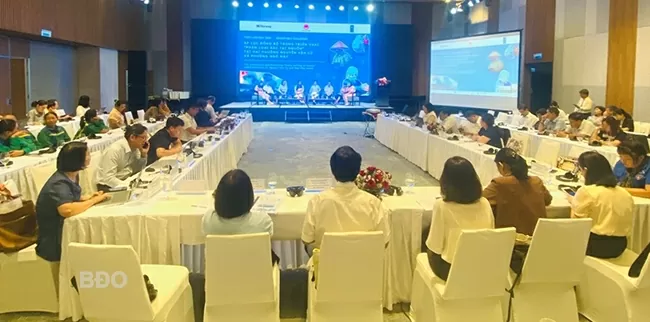 |
| Overview of the project summary workshop funded by the Norwegian Government , technically supported by UNDP and implemented from 2021. (Photo: NN) |
The project, funded by the Norwegian Government and technically supported by UNDP, has been implemented since 2021 in Quy Nhon city, and has brought about many practical results in improving the household waste management system, while raising public awareness and supporting the construction of a foundation for a circular economy .
One of the bright spots is the waste sorting model at source in Ngo May and Nguyen Van Cu wards, attracting nearly 13,000 households to participate. Survey results show that after the end of support, about 60% of households still maintain the habit of sorting, and over 90% want to continue the practice - reflecting sustainable impacts in terms of awareness and behavior.
The “Fishing boats bring trash to shore” model also achieved impressive results when attracting more than 150 boats to participate in 6 months, collecting more than 3 tons of plastic waste from the sea. Meanwhile, the Material Recovery Facility (MRF) located in Long My ward, with a capacity of 2 tons of plastic/day, has recovered more than 120 tons of plastic, of which more than 58 tons of PET plastic were sold back to recycling businesses.
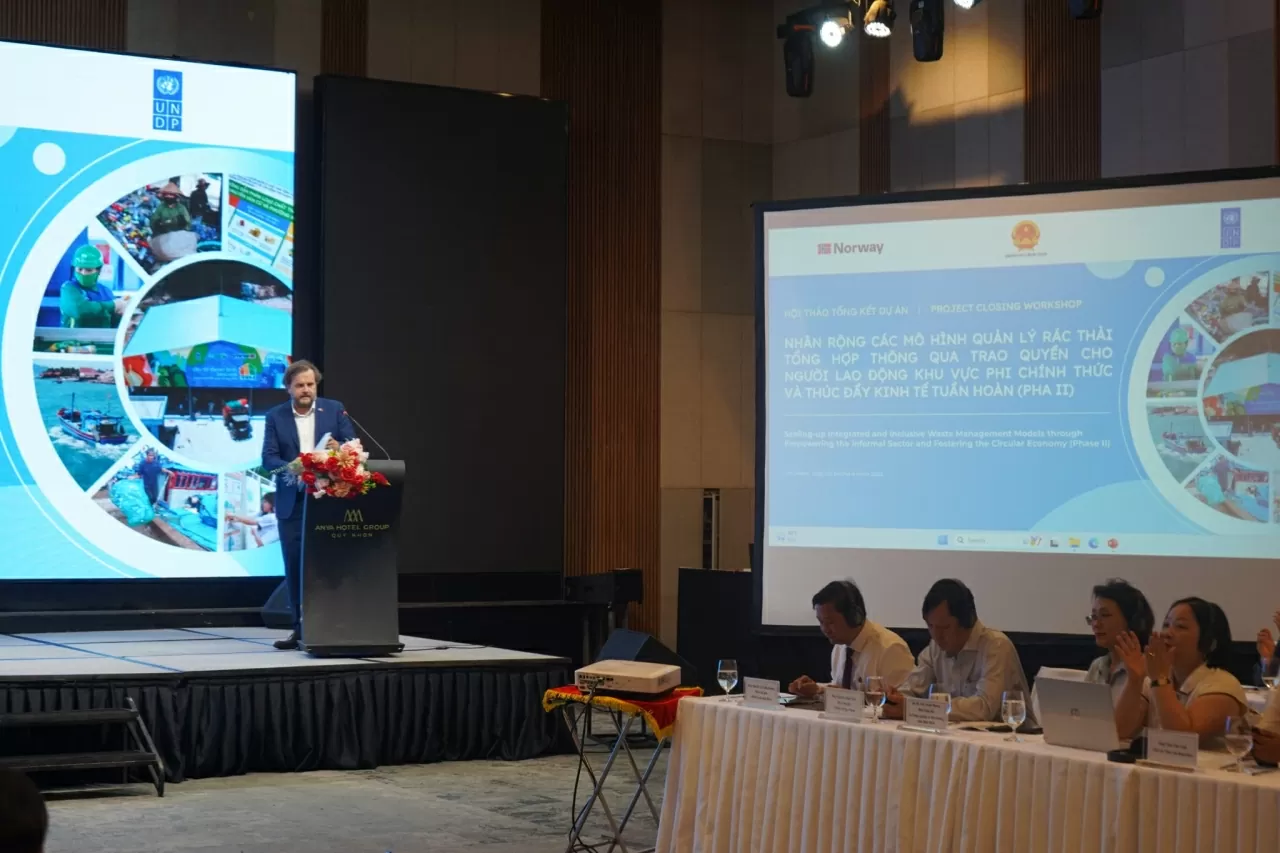 |
| Mr. Erlend Skutlaberg, First Secretary of the Norwegian Embassy in Vietnam, spoke at the Workshop. (Photo: KT) |
Notably, the project has organized and empowered nearly 200 informal waste collectors through the establishment of clubs, skills training, provision of personal protective equipment, and market access support. This is an important step towards formalizing the role of informal workers in the household waste value chain.
Speaking at the workshop, Mr. Nguyen Duc Toan, Vice Chairman of Quy Nhon City People's Committee emphasized: "This is a project of special significance, not only in terms of the environment but also demonstrating the locality's commitment to sustainable development and circular economy. When the government is proactive, the people are cooperative, international organizations and businesses join hands, seemingly intractable environmental problems can be completely transformed into development opportunities."
He also acknowledged that there are still many challenges, such as uneven waste sorting at source and limited support mechanisms for freelance workers. Therefore, he called on relevant parties to continue to coordinate in policy development and expand the scale of implementation.
According to Mr. Patrick Haverman, Deputy Resident Representative of UNDP in Vietnam, the Quy Nhon project is not just an end point but the beginning of the next phase of development. “We are looking back at an approach that puts inclusion and innovation at the heart of Vietnam’s transition towards a circular economy,” he said. Pilot models such as source separation, plastic recycling and fishing boats collecting waste from the sea are considered by him to be effective and have the potential to be replicated nationwide.
“This project is a compelling demonstration of how a sustainable waste management approach can contribute to a global mission,” said Erlend Skutlaberg, First Secretary of the Norwegian Embassy in Vietnam, representing the sponsor. “Initiatives such as recycling facilities, plastic fishing boats and the empowerment of freelance workers are the foundation for a circular economy and a cleaner, more sustainable future.”
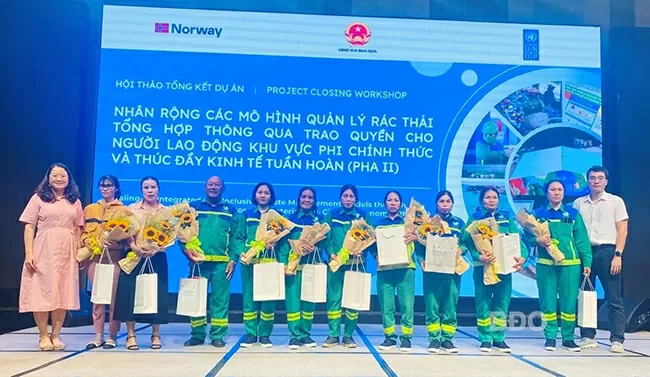 |
The workshop honored the scrap collection team with the highest collection achievements. (Photo: NN) |
In addition to practical models and infrastructure, the project also supports policy and institutional development. Field results have become the basis for developing and adjusting provincial source-separation regulations, and providing important inputs for the National Circular Economy Action Plan and the Marine Plastic Waste Management Plan.
UNDP and partners are actively promoting the next steps, including: Expanding the model to large cities, piloting waste co-processing, implementing a deposit-refund mechanism, developing eco-design and secondary materials markets - towards a more sustainable, inclusive and modern waste management system in the near future.
Source: https://baoquocte.vn/du-an-quan-ly-rac-thai-do-na-uy-tai-tro-tao-chuyen-bien-ro-net-tai-binh-dinh-317590.html


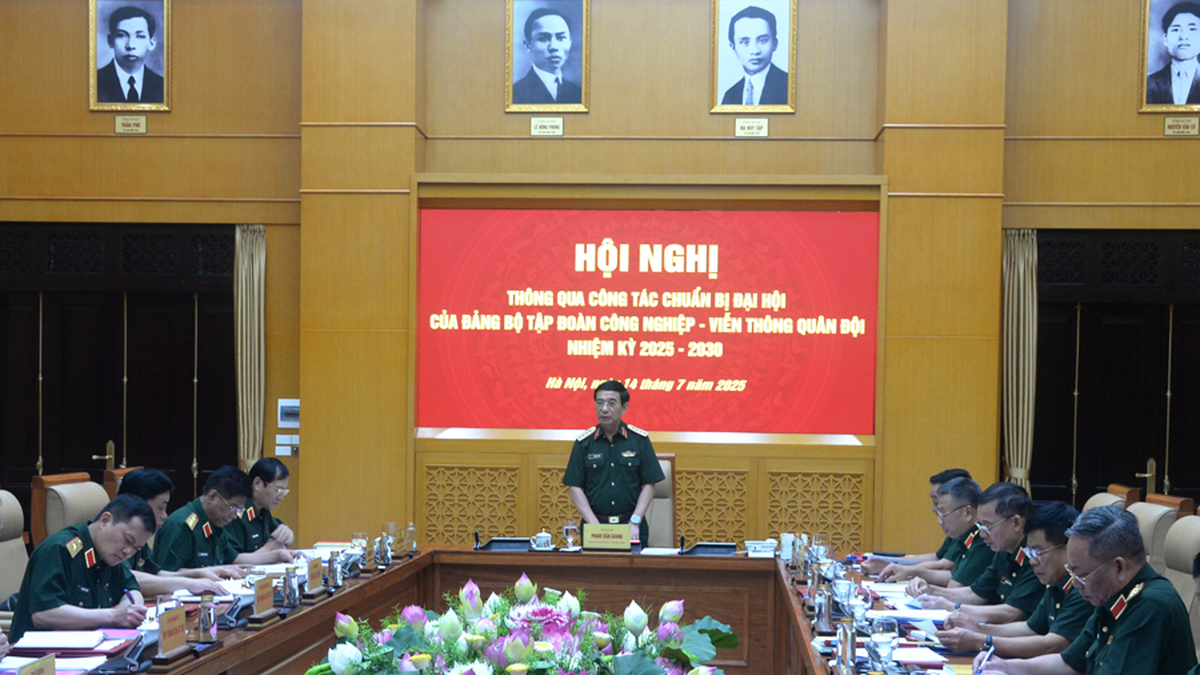
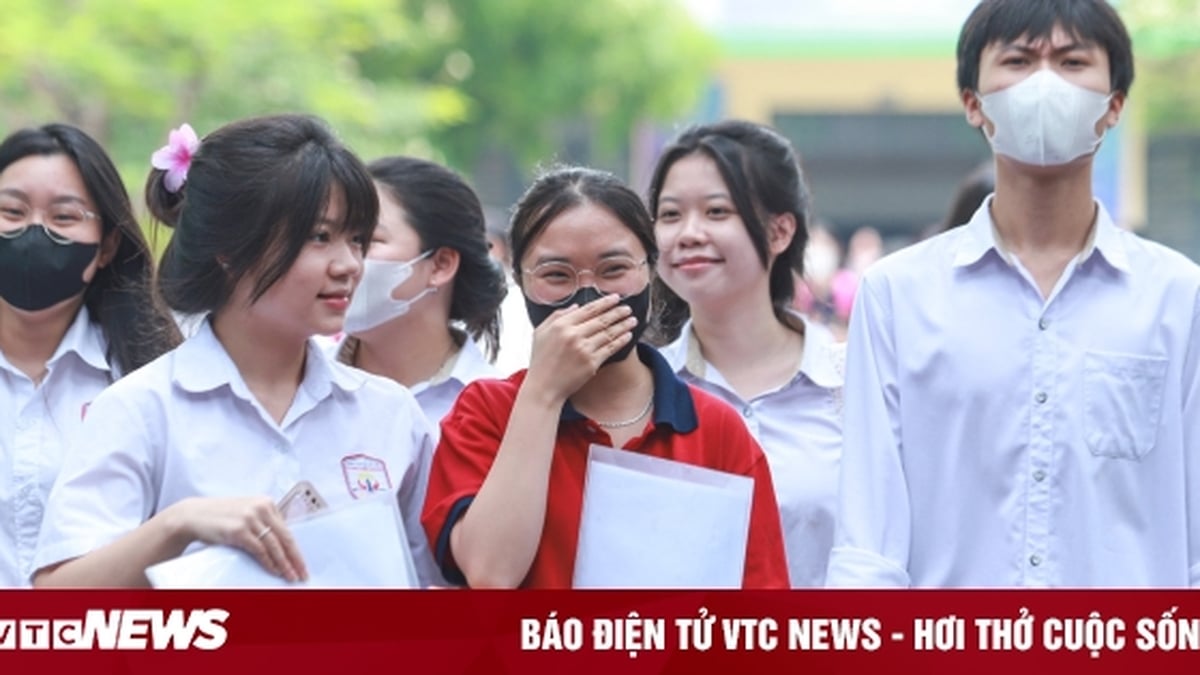
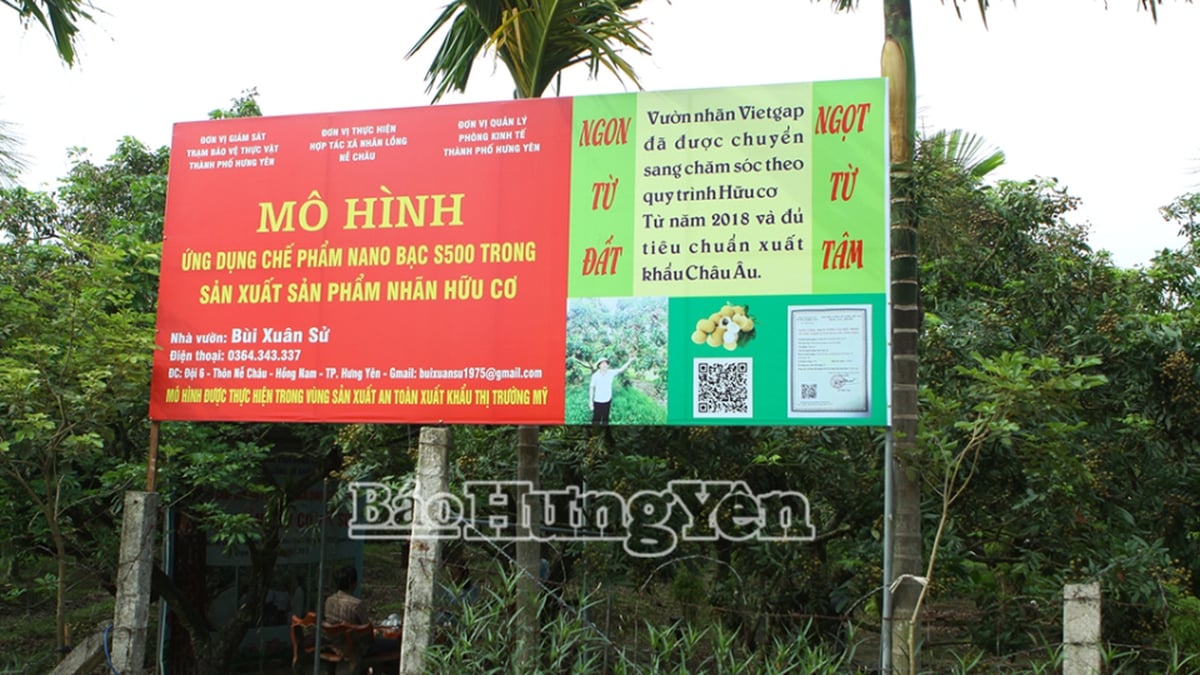
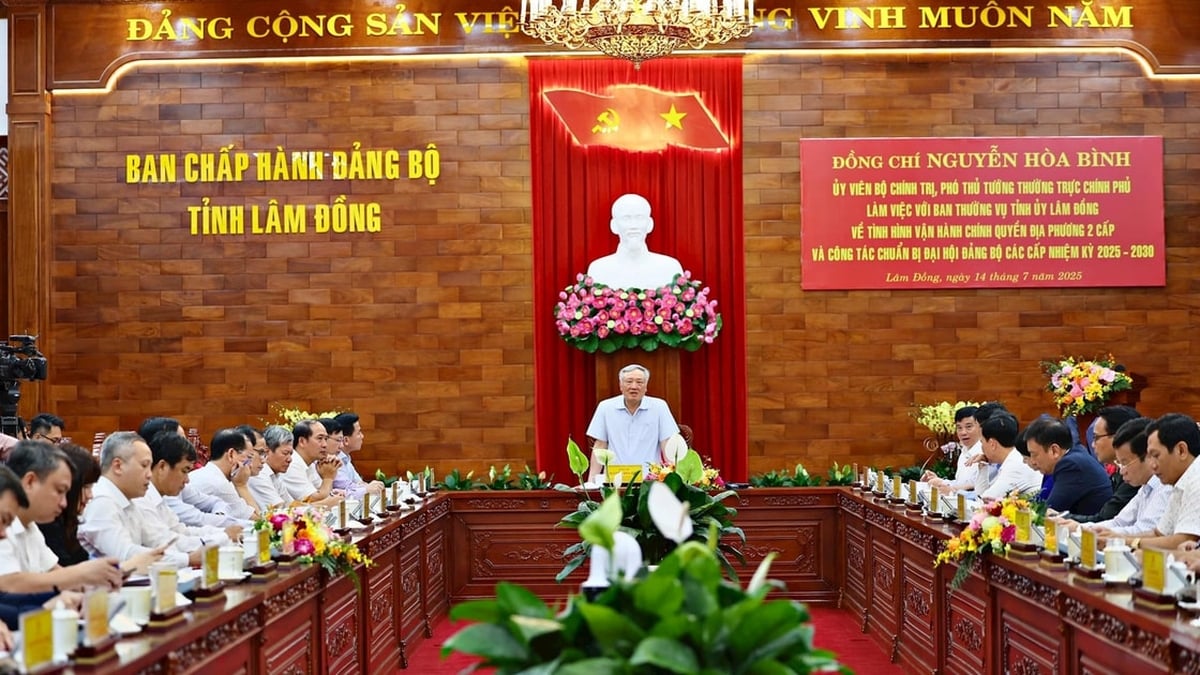
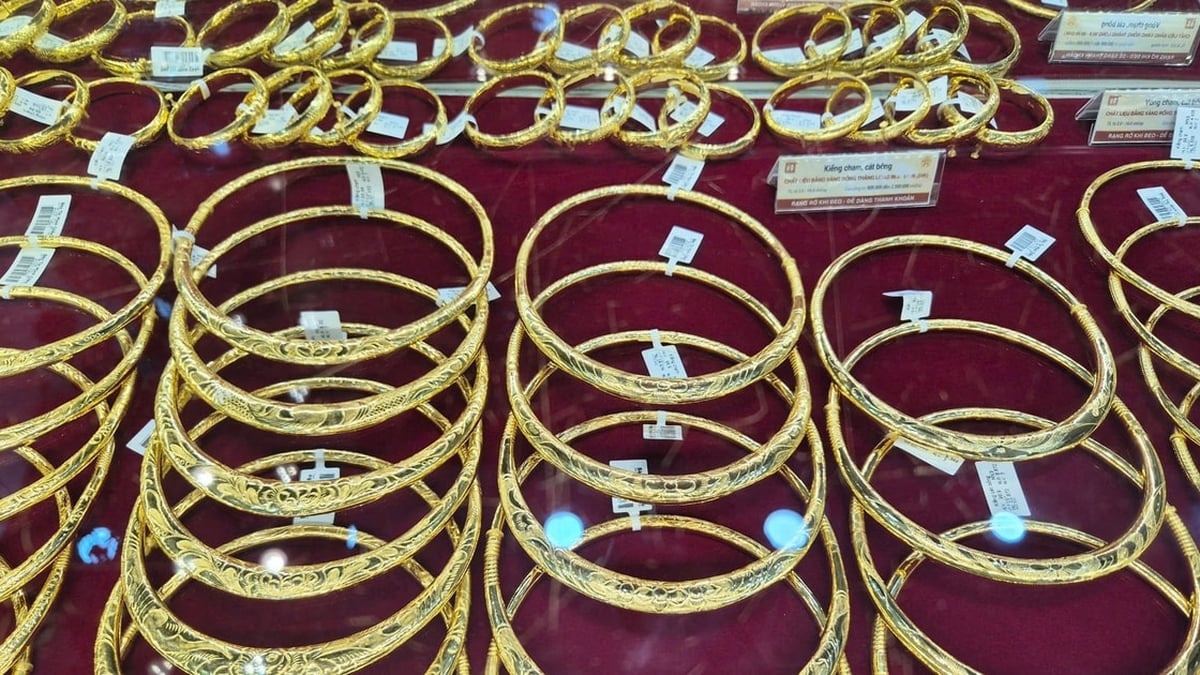
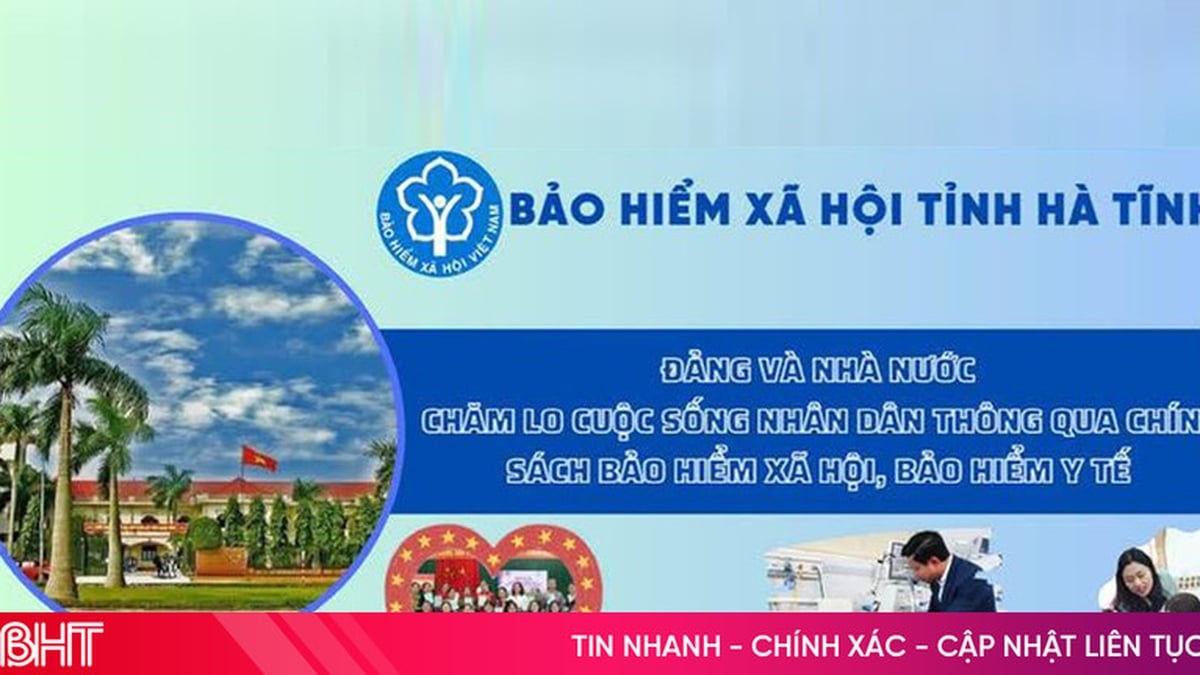
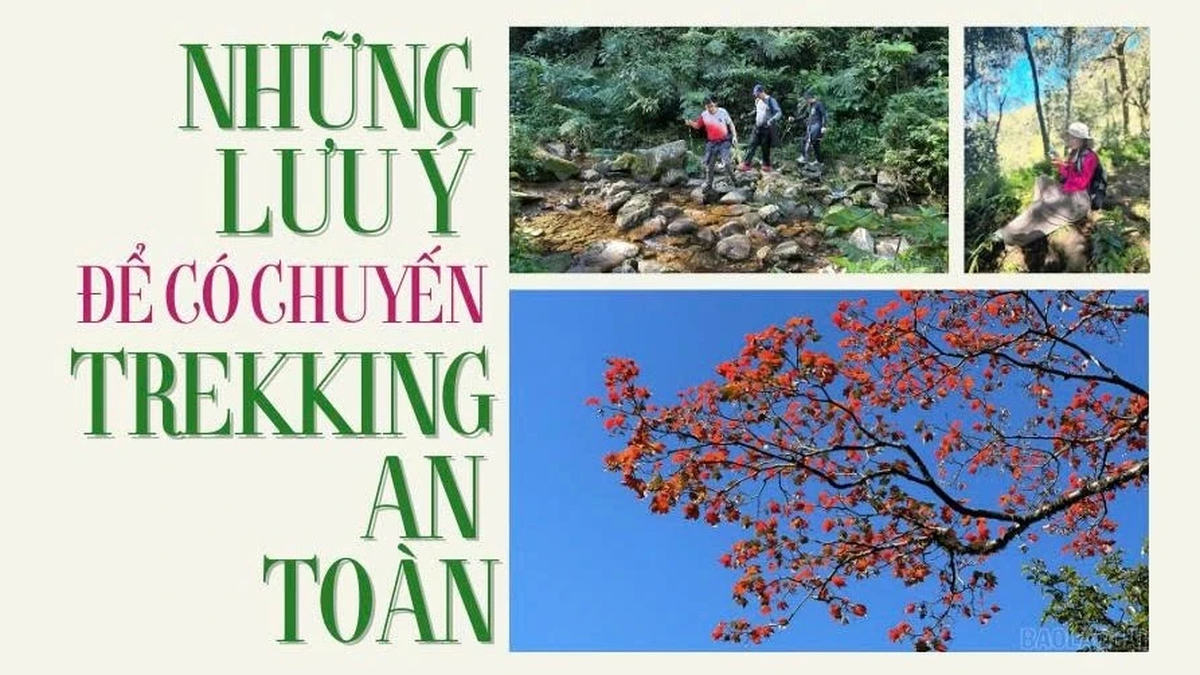
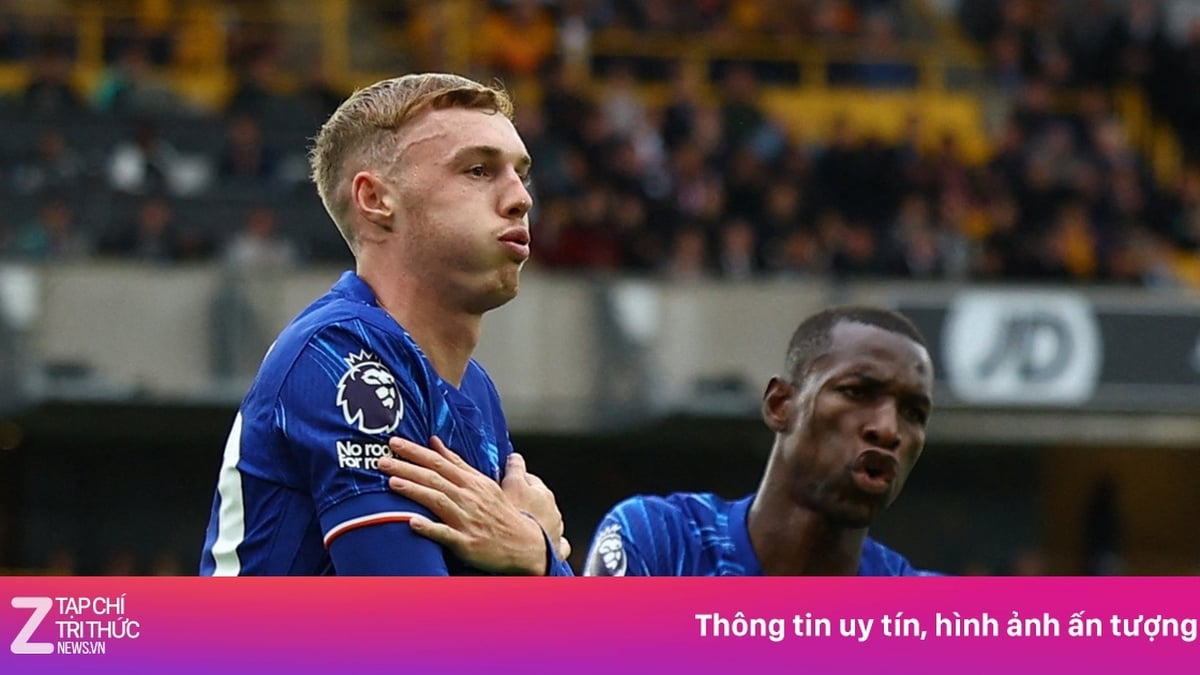
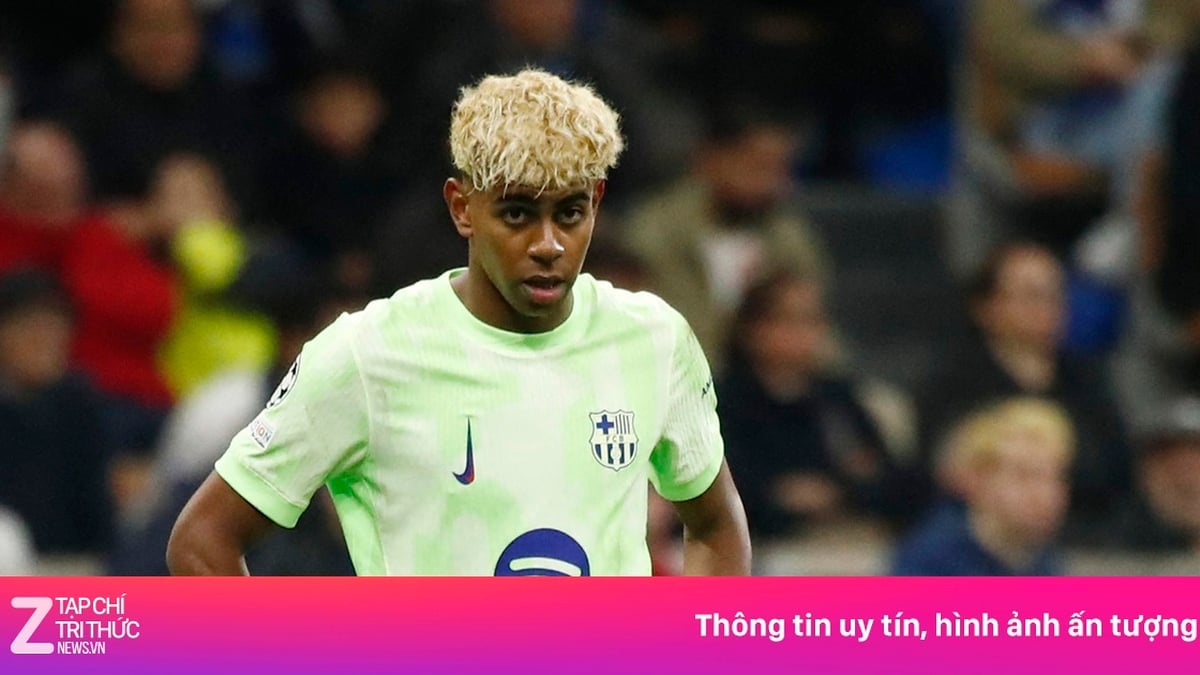

































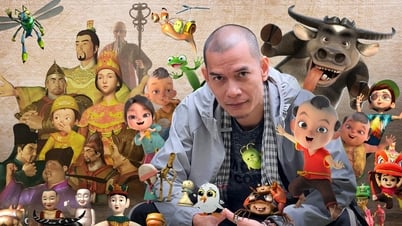





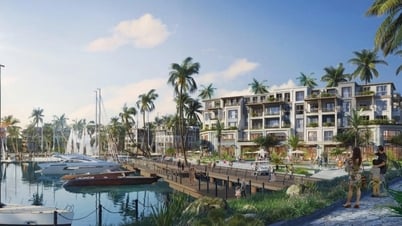
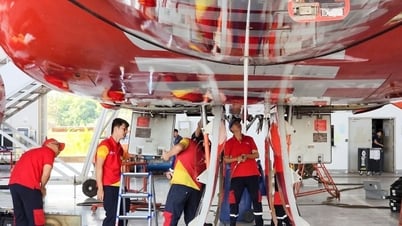

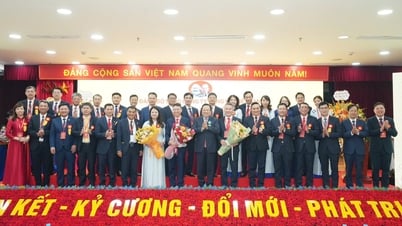



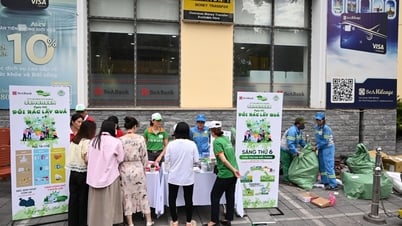

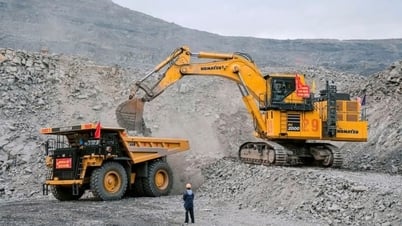
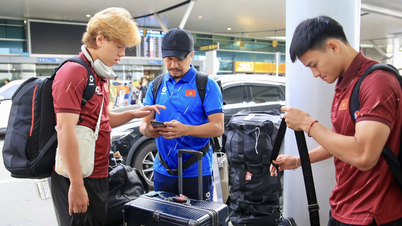


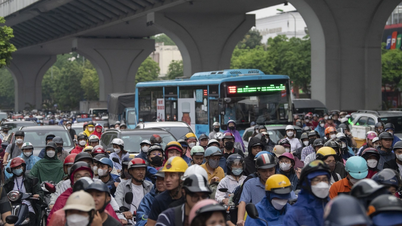
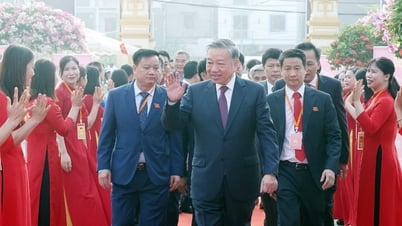
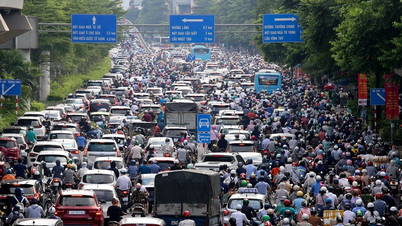
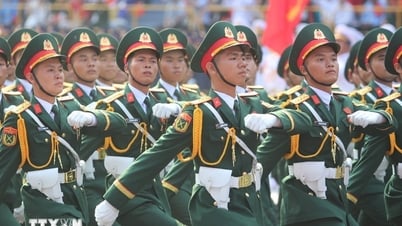
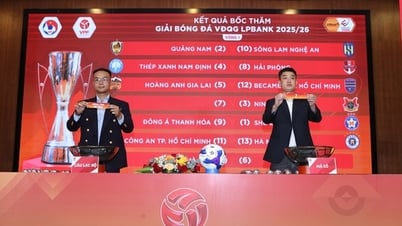

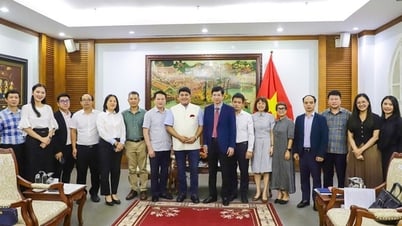

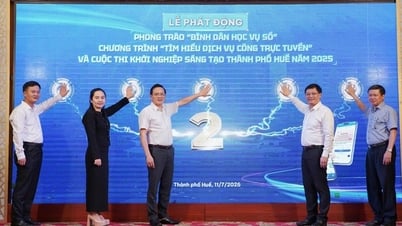

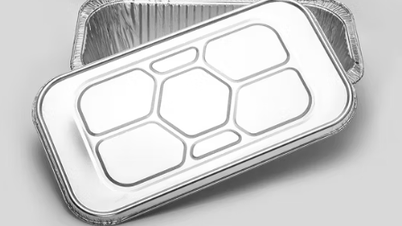

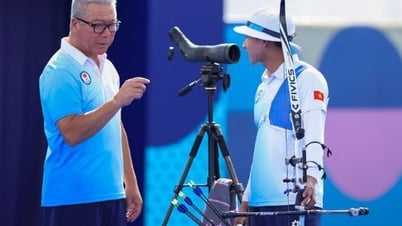
























Comment (0)